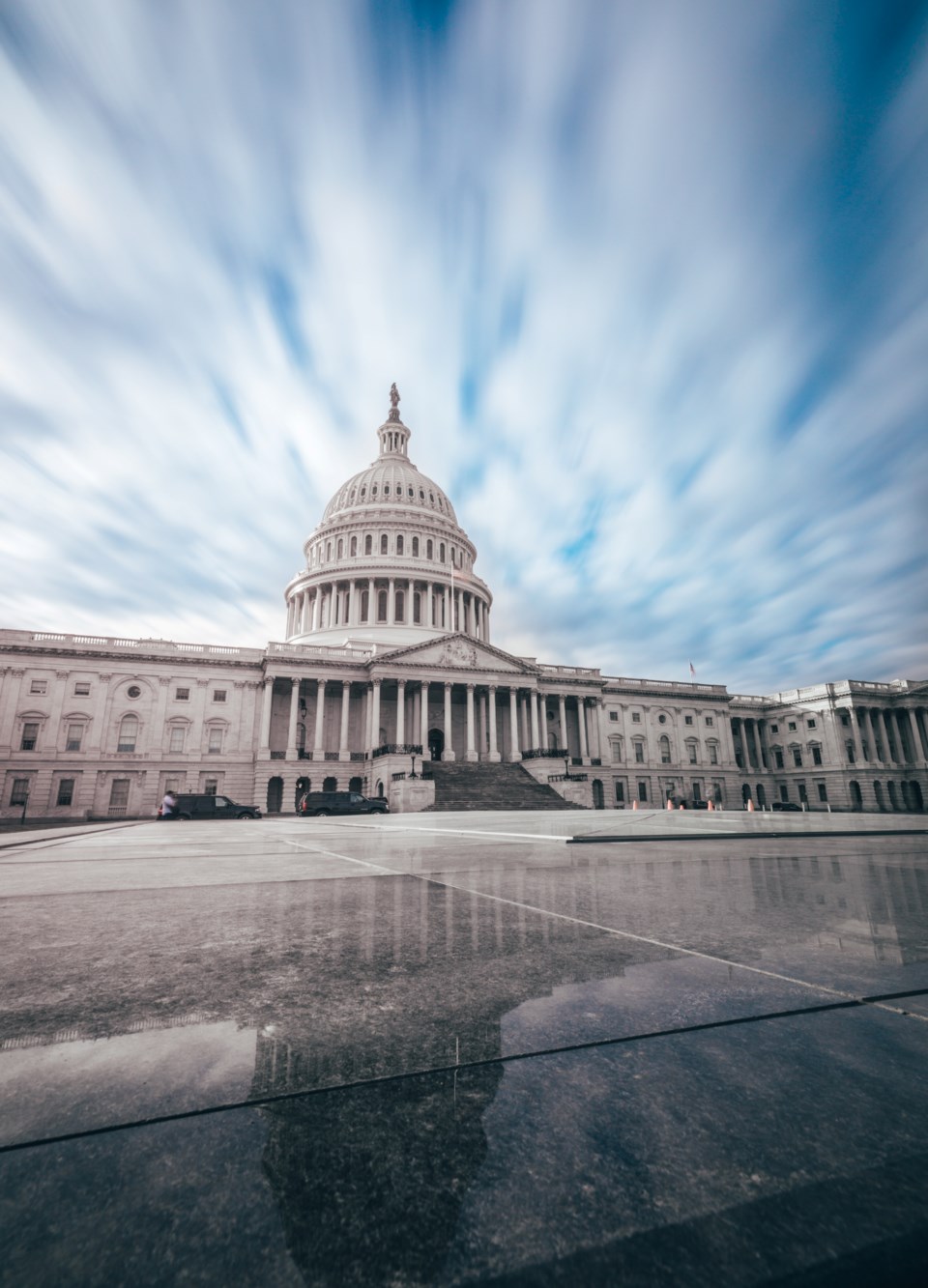Editor's note: This story was originally published by Colorado Newsline. Read the original story here.
The final members of Colorado’s new independent legislative redistricting commission — who are tasked with redrawing the state’s map of legislative districts using updated population data — were selected on Tuesday by a panel of retired judges.
The six newly selected members are: Amber McReynolds (U), Aislinn Kottwitz (R), Blanca O’Leary (D), Constance Hass (R), Carlos Perez II (U) and Heather Barry (D).
With the new members selected, the 12-member commission now consists of eight white people (four men and four women), two members who identify as Hispanic (one man and one woman), a Black woman and a man, John Buckley III, who identified on his application as “some other race.” Buckley did not respond to a media request for more information. Three out of the 12 members of the commission live outside of the Front Range.
“Our constitutional mandate requires us to ensure, to the extent possible, racial, ethnic, gender and geographic diversity in making our final selections,” said retired Colorado Appeals Judge Dennis Graham, who announced the selected commissioners. “We are confident that we have done so in making our selections.”
The final commissioners were selected by a panel of three retired Colorado judges — Graham, Karen Ashby and Gale Miller. The judges were given a list of 80 names from Republican and Democratic legislative leaders in Colorado’s House and Senate. The judges then selected two eligible applicants from both parties, and two unaffiliated voters from a pool of applicants that was previously used to select the initial six commission members.
The selection panel received a handful of letters and emails leading up to the announcement on Tuesday, some of which were received after the selections were made, according to Graham. Topics included two requests that a commissioner from southern Colorado be selected, people challenging certain unaffiliated and Republican candidates and several civic organizations encouraging the panel to diversify the commission after the random drawing that selected the first half of the commission resulted in five white men and one white woman.
In 2018, Coloradans voted to implement two amendments — Y and Z — that reformed the way the state conducts legislative and congressional redistricting. The amendments created two independent commissions — each with 12 members — tasked with redrawing the state’s political maps in a way that focuses on fairness and minimizes gerrymandering. While the final six members of the legislative redistricting commission were announced Tuesday, the final six members of the congressional redistricting commission — charged with redrawing the map of districts for members of Congress — were announced March 1.
The entire redistricting process remains in limbo because Colorado won’t receive the census data necessary for redistricting until Sept. 30 — six months past the usual release date and weeks after Colorado’s new maps are due to the state’s Supreme Court. Under the Colorado law, the congressional redistricting commission is supposed to have a map complete by Sept. 1, and the legislative map is due on Sept. 15.
The delay means Colorado’s newly formed independent redistricting commissions will have significantly less time to draw up the maps and seek public input, or they might miss their deadlines altogether. Now that the redistricting commissions are selected, they will decide the best way to move forward.
State lawmakers could introduce a bill that would essentially ask the Colorado Supreme Court for its blessing in blowing past the constitutional deadlines, but it’s unclear if this is the route that lawmakers will take.
On Tuesday, legislative leaders sent a letter to the Congressional Redistricting Commission encouraging them to continue with the map drawing process despite the census delay.
“While release of the final census population data has been delayed, it is our belief that the Colorado Congressional Redistricting Commission and its staff can use the best available information (referred to in Amendment Y as “necessary census data”) to begin the preliminary map-drawing and public engagement processes and to increase the likelihood of meeting constitutional deadlines for final approval,” legislative leaders wrote in the letter.
“Final adjustments for all districts could then be made once final census population figures are released, which is currently expected by Sept. 30,” they added.
Final members of Colorado’s two independent redistricting commissions:
Congressional
Democrat: Paula Espinoza, of Roxborough Park
Democrat: Elizabeth Wilkes, of Colorado Springs
Democrat: Simon Tafoya, of Denver
Democrat: Martha Coleman, of Fort Collins
Republican: Danny D. Moore, of Centennial
Republican: William J. Leone, of Westminster
Republican: Jason Kelly, of Alamosa
Republican: JulieMarie Shepherd, of Aurora
Unaffiliated: Jolie C. Brawner, of Denver
Unaffiliated: Lori Smith Schell, of Durango
Unaffiliated: Carly Dawn Hare, of Longmont
Unaffiliated: Moussa Mariam Diawara, of Colorado Springs
Legislative
Democrat: Gary Horvath, of Broomfield
Democrat: Robin Schepper, of Steamboat Springs
Democrat: Blanca O’Leary, of Aspen
Democrat: Heather Barry, of Adams County
Republican: John Barnett, of Denver
Republican: John Buckley III, of Colorado Springs
Republican: Aislinn Kottwitz, of Weld County
Republican: Constance Hass, of Las Animas County
Unaffiliated: Kevin Fletcher, of Golden
Unaffiliated: Samuel Greenidge, of Longmont
Unaffiliated: Amber McReynolds, of Denver
Unaffiliated: Carlos Perez II, of El Paso County
Colorado Newsline is part of States Newsroom, a network of news outlets supported by grants and a coalition of donors as a 501c(3) public charity. Colorado Newsline maintains editorial independence. Contact Editor Quentin Young for questions: [email protected]. Follow Colorado Newsline on Facebook and Twitter.


.jpg;w=120;h=80;mode=crop)
